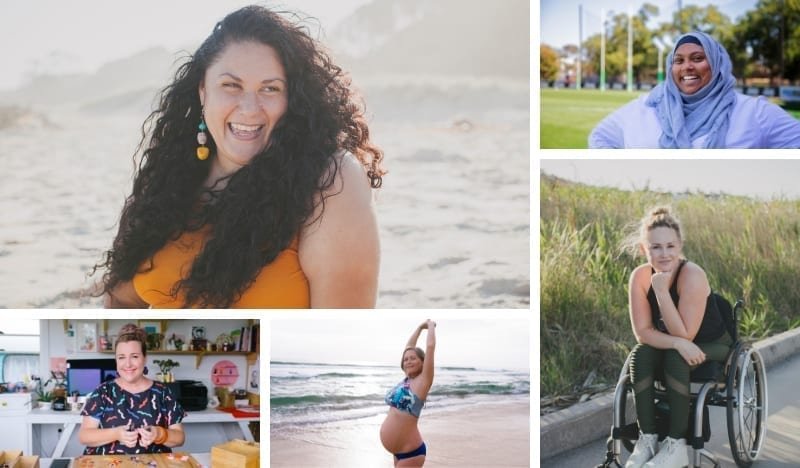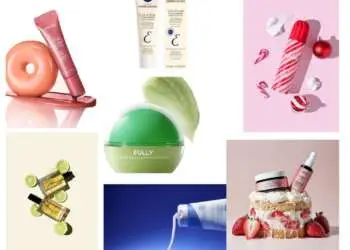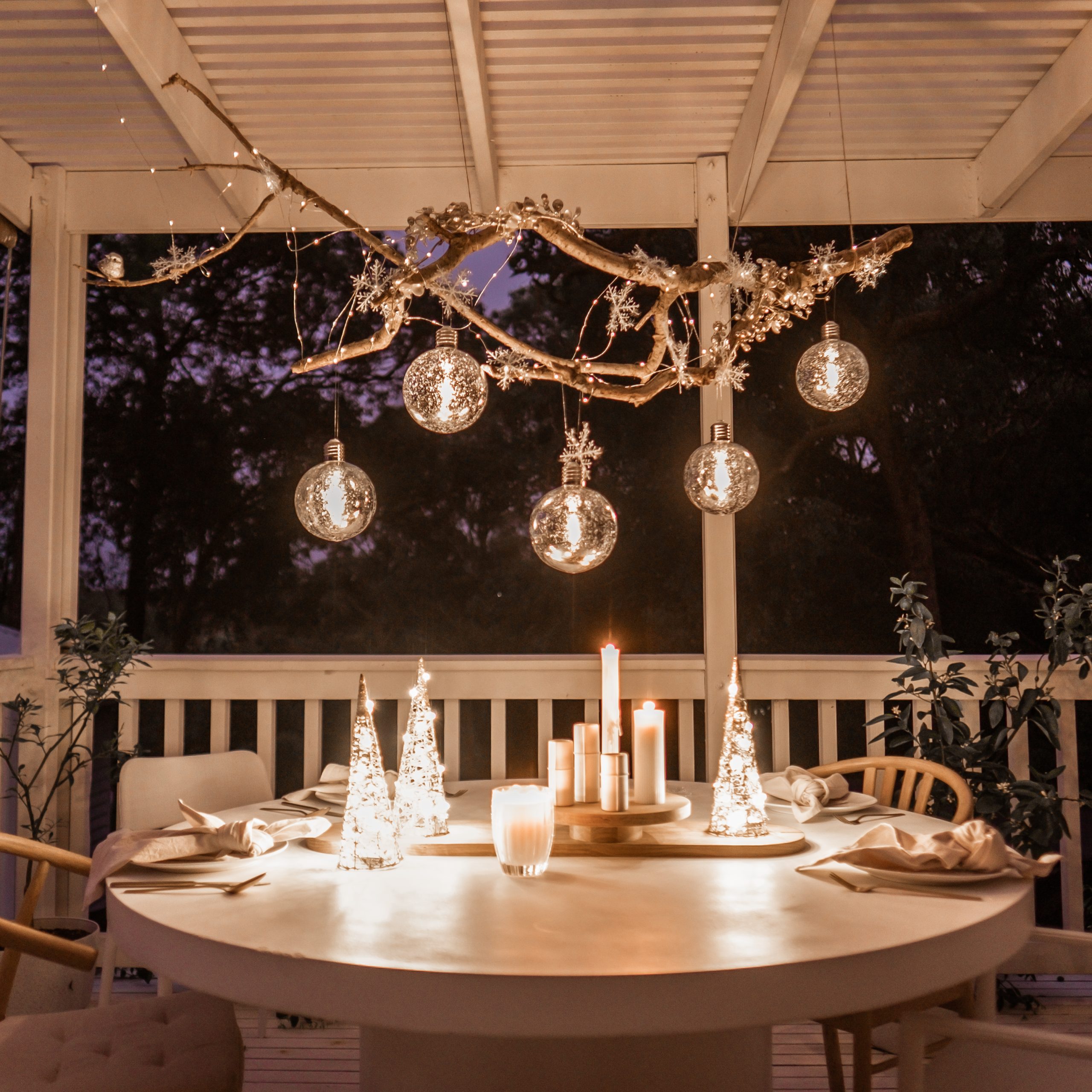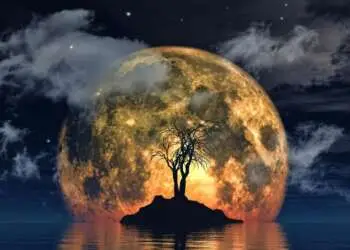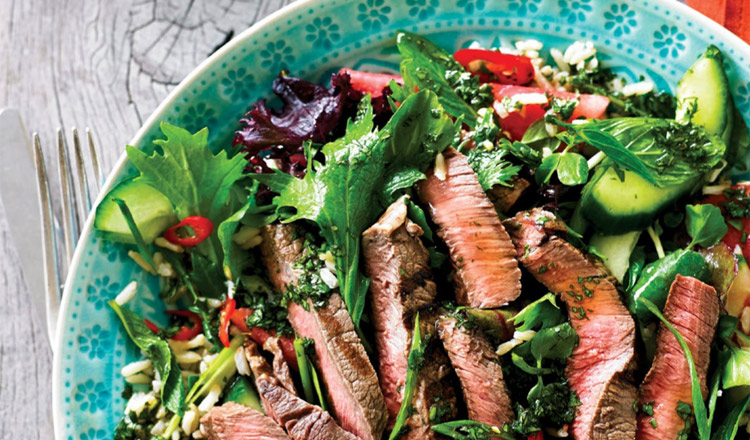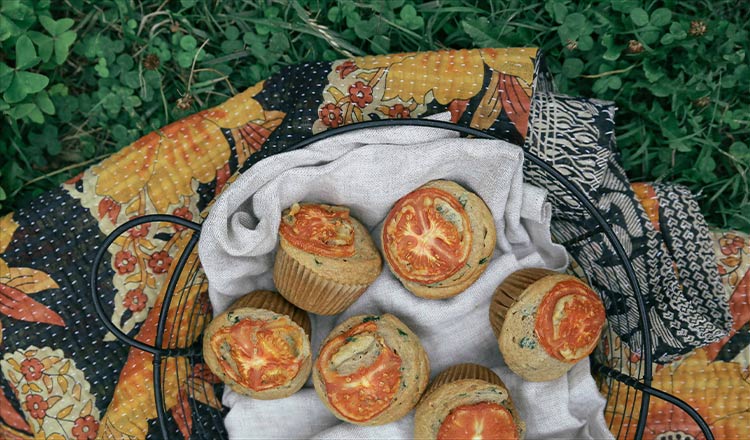It’s time to change beauty stereotypes and with this in mind Project #ShowUs was created. It is the world’s largest stock photo library with over 5,000 images, created by women and non-binary individuals.
Too often there are unrealistic beauty stereotypes which give women anxiety about their appearance. Body esteem issues impact many aspects of people’s lives, from their confidence levels to their careers.
Seventy per cent of women don’t feel represented by everyday images portrayed in the media which is why Dove, Getty Images and Girlgaze took up this impressive new initiative. They are calling on the media and advertising industries to view, license and use the images in their next project or campaign.
To mark this, The Carousel talked to three women who each suffered from self-esteem issues as a direct result of the way they saw women represented or rather misrepresented in the media and social media. Meet the incredible Basketball player Liz Cambage, mum Rana Hussain and Girlgaze’s Natalie McComas.

Liz Cambage, Australian WNBA basketball player
Despite Australia being extremely multicultural, as a Nigerian Australian and professional athlete that is 6.8ft tall, Liz knew that she was different growing up and never saw girls like herself in magazines.
Tell us about your own achievements and what you are most proud of ?
There are many achievements from my career but there are three that stand out and make me the most proud. I have been running my own business and working for myself as a freelance photographer for ten years now and this has been no easy feat! I am very grateful to my younger self for following her passion and her dream. In 2014 I was awarded funding by VSCO’s Artist Initiative to undertake my latest documentary project, In This Skin. I travelled around the world to photograph 23 people and share their stories about living this life with a prominent birthmark. This series celebrates these unique skin formations whilst exploring the effects this has had on their lives, psyches & health. To know this work inspired many people to feel more positive about themselves and to embrace their birthmarks has been very special for me and something I take great pride in.
As a creative, it’s not often that you get to work on a job that has the power for global social change. My most recent achievement has been photographing for Project #ShowUs with Girlgaze, Dove & Getty Images. Working with this team and contributing to this project has truly been an honor. Australia has such a rich heritage and I was very proud to bring the stories of these diverse women to life and have their images included in the world’s largest stock photo collection created by women and non-binary individuals ready to be used by the media and advertisers.
How have you experienced stereotyping ?
I remember being a young girl and noticing what was considered desirable & beautiful in the media and it is what made me different to those ideals that I was most ashamed of or self-conscious about. I was a very (naturally) skinny kid & teenager and others, quite freely, teased or gave their opinion on my body shape as being something sickly and unhealthy. As a result, my self-esteem was very low and I just believed that I was not very beautiful. Often I felt myself dreaming to be something like the flawless versions of women I saw on TV and in magazines and I don’t think I ever felt ok about being different to those ideals or the other girls around me.
How can women be better represented ?
Women can be better represented by the media and advertisers when they utilize this unique stock photo collection we’ve created on Getty Images of non-distorted real women & non-binary individuals in their campaigns. The more companies that take the initiative to do this, to truthfully depict women as they are, not as others believe they should be, the more real, diverse, healthy and unique role models will be highlighted for all women and non-binary individuals to relate to and aspire to all over the world.
Rana Hussain

Woman, mother and Muslim, Rana loves AFL and works in the industry. Rana says she often feels she exists in the cracks between Indian, Muslim, Australian and woman and wants more multitudes of identities represented in media and advertising. She is one of the Australian women chosen for the global campaign.
Tell us about your own achievements and what you are most proud of ?
By far my biggest accomplishment is becoming a mother. Some may say that’s a reductive view of womanhood and it’s certainly not for everyone but becoming a mother has forced me and continues to push me to understand myself, what I value and what legacy I want to leave behind. It’s pushed me to understand the world beyond my own lifespan. The ability to teach my daughter wisdom passed down to me and watch her discover the world piece by piece is a true gift, I am eternally grateful for. The other achievement I am most proud of is really the one I work on every day and that is self-acceptance. I used to think that awards, accolade and praise was worth the striving but I now realise it will always fall on deaf ears if I don’t accept myself, my body and my mind for what it is and know it is no better or worse than anyone else’s. It is the vessel I was given to leave my mark on the world and so I will use it to the best of my ability and love it.
How have you experienced stereotyping ?
I have experienced stereotyping IN EVERY WAY! Working for a football club as a woman of colour who wears a hijab and is plus size means that nobody ever assumes I work where I do. They assume I am a fan, a community member – anything but an employee! I think that’s because in most people’s mind the football world is for white men. Little do they know how much I love the game! People also assume I was not born in Australia, and assume that my level of education is limited, despite the fact that I have a Masters. I also often am assumed to be repressed or hard done by in some way despite the fact that I have had a very happy and privileged upbringing. I could go on with countless examples! My favourite by far has been the question one woman asked me once “Do they have chocolate where you’re from or is this your first taste of chocolate?” In a more nuanced sense however I find that there is always the assumption in the workplace that I would not be a leader, or aspire to be one, that I could not manage a group, be assertive or forthright and so much of that is to do with the fact that I am a woman and a woman of colour.
How can women be better represented ?
Women can be better represented by representing ALL kinds of women, not just one group and in every context. Where there’s a man there better be a woman or person of diverse genders and sexuality. We often fall into the trap of including ‘one’ woman on a panel, ‘one’ woman in a group and that’s a pitfall we need to be better at avoiding. We can’t expect ‘one’ woman to be representative of so many experiences and so women, of all kinds need to be represented on our screen in multitudes.
Natalie McComas, Girlgaze Australian Photographer
An Australian photographer who proudly brought the rich Australian heritage to life in the Project #ShowUs campaign.
Tell us about your own achievements and what you are most proud of ?
There are many achievements from my career but there are three that stand out and make me the most proud. I have been running my own business and working for myself as a freelance photographer for ten years now and this has been no easy feat! I am very grateful to my younger self for following her passion and her dream. In 2014 I was awarded funding by VSCO’s Artist Initiative to undertake my latest documentary project, In This Skin. I travelled around the world to photograph 23 people and share their stories about living this life with a prominent birthmark. This series celebrates these unique skin formations whilst exploring the effects this has had on their lives, psyches & health. To know this work inspired many people to feel more positive about themselves and to embrace their birthmarks has been very special for me and something I take great pride in.
As a creative, it’s not often that you get to work on a job that has the power for global social change. My most recent achievement has been photographing for Project #ShowUs with Girlgaze, Dove & Getty Images. Working with this team and contributing to this project has truly been an honor. Australia has such a rich heritage and I was very proud to bring the stories of these diverse women to life and have their images included in the world’s largest stock photo collection created by women and non-binary individuals ready to be used by the media and advertisers.
How have you experienced stereotyping ?
I remember being a young girl and noticing what was considered desirable & beautiful in the media and it is what made me different to those ideals that I was most ashamed of or self-conscious about. I was a very (naturally) skinny kid & teenager and others, quite freely, teased or gave their opinion on my body shape as being something sickly and unhealthy. As a result, my self-esteem was very low and I just believed that I was not very beautiful. Often I felt myself dreaming to be something like the flawless versions of women I saw on TV and in magazines and I don’t think I ever felt ok about being different to those ideals or the other girls around me.
How can women be better represented ?
Women can be better represented by the media and advertisers when they utilize this unique stock photo collection we’ve created on Getty Images of non-distorted real women & non-binary individuals in their campaigns. The more companies that take the initiative to do this, to truthfully depict women as they are, not as others believe they should be, the more real, diverse, healthy and unique role models will be highlighted for all women and non-binary individuals to relate to and aspire to all over the world.
image credit: Natalie McComas / #ShowUs / Getty Images


